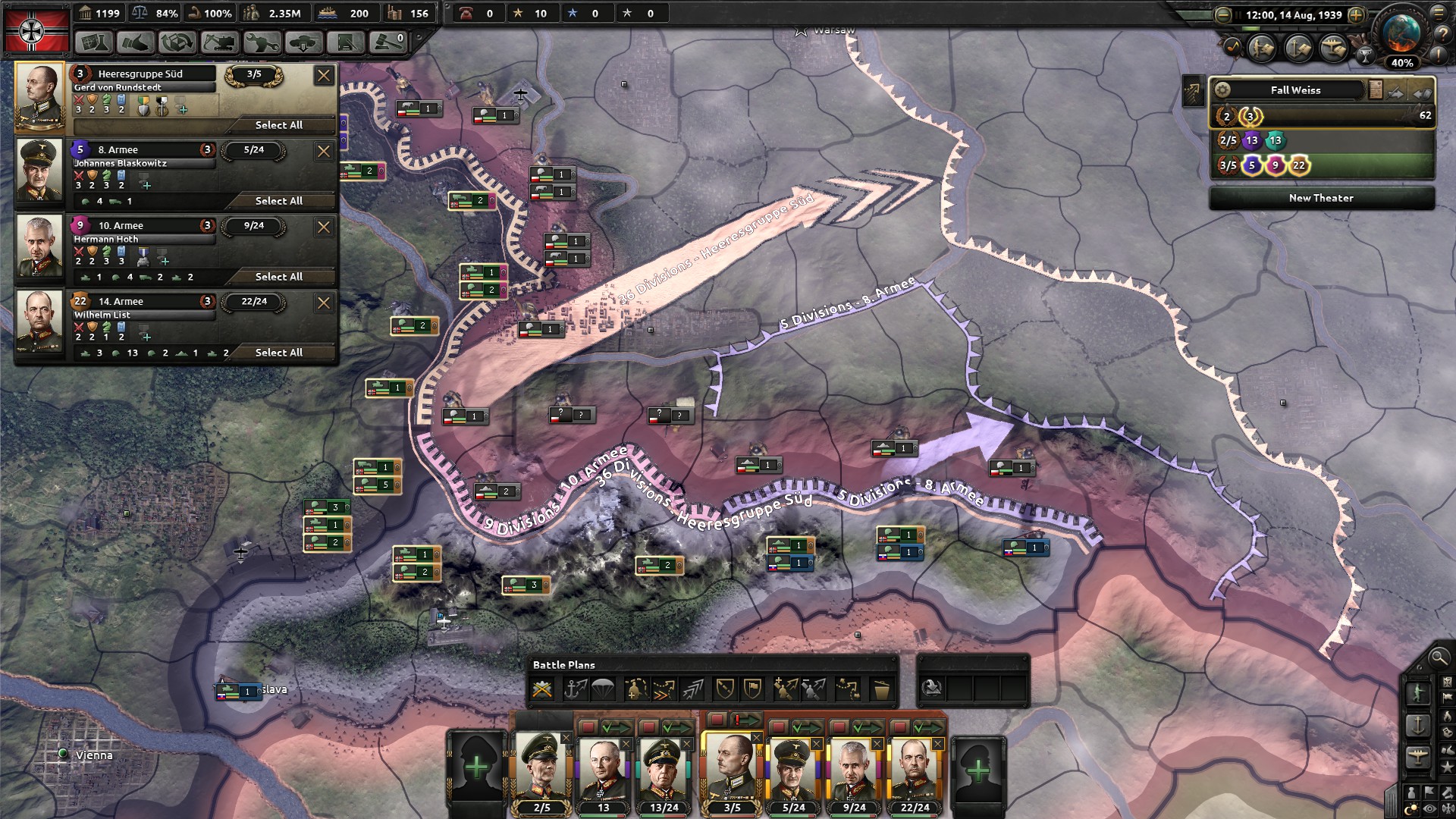I spent a good portion of this weekend playing Terraforming Mars, a tabletop strategy game (soon to be available on PC and tablet) where different corporations compete to adapt the Red Planet to human habitation and to reap the greatest rewards from the effort. Unlike both Surviving Mars and Offworld Trading Company, Terraforming Mars feels like a much more dramatic story of extraterrestrial colonization: Instead of just building domed cities and planting gardens, you’re also carrying out violent and borderline apocalyptic plans to redevelop the planet’s ecosystem. In one game, an opponent built a giant, energy-capturing space mirror to power their colonies. Someone else spent all their money and engineering to yank Deimos out of its orbit and crash it into the planet in order to rapidly heat Mars’ atmosphere. Another player detonated old nuclear weapons to achieve a similar, but much more modest, effect.
It was a lot of fun, and each game featured a different implicit narrative based on everyone’s choices. But the other interesting part was how each game ended up coming down to the wire, even if it felt at times like someone had a massive lead. Every time we completed all our terraforming objectives and started tabulating final scores, it turned out that everyone had quietly been meeting lots of conditions for special victory points. Suddenly someone revealed that they’d built a ton of valuable buildings, or that they’d quietly won an award for producing the most science. I came within a point of a come-from-behind victory thanks to, I kid you not, a massive collection of pet animals whose presence improved the planet’s habitability and—one assumes—cuddliness. Every game ended in a kind of photo finish that left everyone feeling good about the game they’d played, and excited to try again. And it made me realize how much fun secret or uncertain victory conditions can make a strategy game.
Videos by VICE

This is a pretty commonplace feature of modern board games: Games frequently end with players tallying up their scores across a variety of different endgame categories that can cause dramatic swings of fortune at the last possible moment. Some games employ hidden objectives that players will try and fulfill on the sly, which hides the real progress that they are making versus their “public” score. Lords of Waterdeep is a well-known example of this. But even games that don’t actually hide information rarely publicize the true state of play: Unless you are the kind of person who can effortlessly count cards and retain that information, it can be hard to sit around a gaming table and keep track of how everyone else is going to score in the end.
What I like about it is that it seems to keep everyone invested in the game. The last thing you want in a board game is for a few people to realize they’re irretrievably screwed and that there’s hardly any point to continuing. But if it feels like you might have a buzzer beater left to throw, you can always try to reinvent your approach to the game after some initial failures and frustrations.
This is a hard thing for video games to replicate because they track so much data that they take a lot of the guesswork out of your calculations—and if a game doesn’t track useful information for me, I’m probably going to complain about how intentionally obtuse and user unfriendly it’s being. Still, I think there’s a lot to be said for a game whose final victory conditions do not become fully apparent until the end.

A lot of strategy video games feel like a series of sprints. You need a strong start to have a chance at a strong mid-game and that mid-game needs to go well to set you up for an endgame. That’s the Civilization model, certainly, and you could even argue this approach is even more ironclad in most RTS games. The alternative is usually the self-directed sandbox fun of a Paradox game: For instance, right now Austin, Danielle, and myself seem to have decided that our radical socialist democracy in Stellaris needs to wipe out all the galaxy’s slavers. It’s not really an endgame victory condition, but it feels like the kind of thing we’d do if we had starfleets at our fingertips.
But I love this idea that you could be reaching the end of a strategy game campaign, and everything is going to plan, and you’re still not quite sure that crossing the finish line and ending the race is actually going to work in your favor. You always know that you could watch someone else jump into the lead because they fulfilled a bunch of secondary objectives that you ignored or didn’t know about.

Maybe everyone would hate this in reality. A “blue shell” equalizer probably feels very different after 12 hours of play than it does after 45 minutes, especially if it’s an AI opponent pulling that move. But lately I’ve felt like a lot of of my strategy game experience end by running out the clock and hoping that I’ve been a little bit faster than everyone else. Or they end practically before they’ve begun, as I realize I’ve misplayed a map and should just start over, because clawing my way back into contention seems either impossible of just so frustrating as to be pointless.
Then I think about Terraforming Mars, and all those games where everyone finished within a handful of points of one another. Everyone was happy to finish and eager to play again, and that sure feels like just as important a feeling as “one more turn”.
What about you? What are some of your favorite “win conditions” that break the conventional mold and make a game more fun?
More
From VICE
-

Screenshot: Activision -

Screenshot: Yogscast Games/Curve Games -

Screenshot: Blumhouse Games/Cozy Game Pals -

Screenshot: Genki
